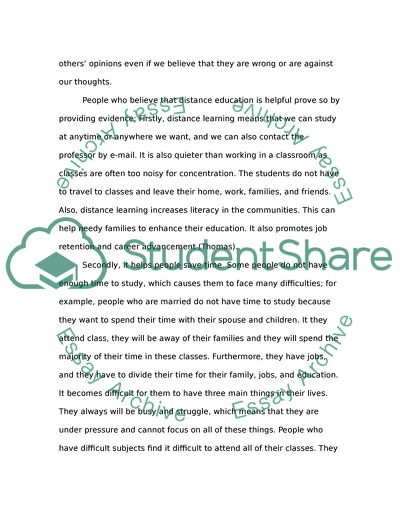Cite this document
(The Benefits, Problems and Features of Distance Education Essay, n.d.)
The Benefits, Problems and Features of Distance Education Essay. Retrieved from https://studentshare.org/education/1740654-distance-education
The Benefits, Problems and Features of Distance Education Essay. Retrieved from https://studentshare.org/education/1740654-distance-education
(The Benefits, Problems and Features of Distance Education Essay)
The Benefits, Problems and Features of Distance Education Essay. https://studentshare.org/education/1740654-distance-education.
The Benefits, Problems and Features of Distance Education Essay. https://studentshare.org/education/1740654-distance-education.
“The Benefits, Problems and Features of Distance Education Essay”. https://studentshare.org/education/1740654-distance-education.


